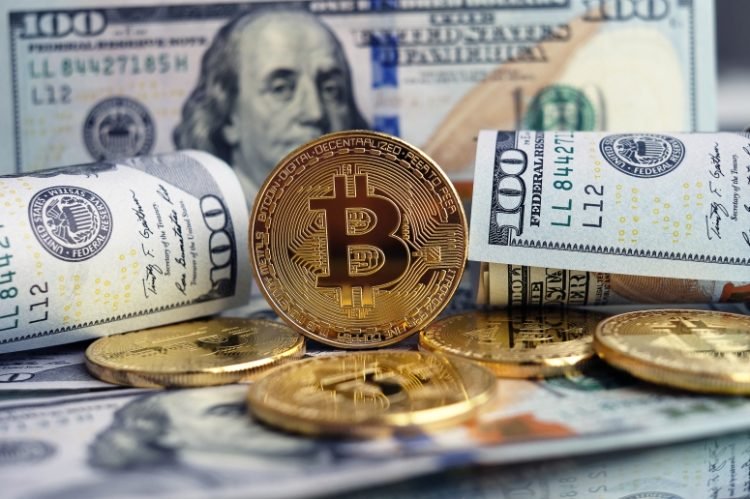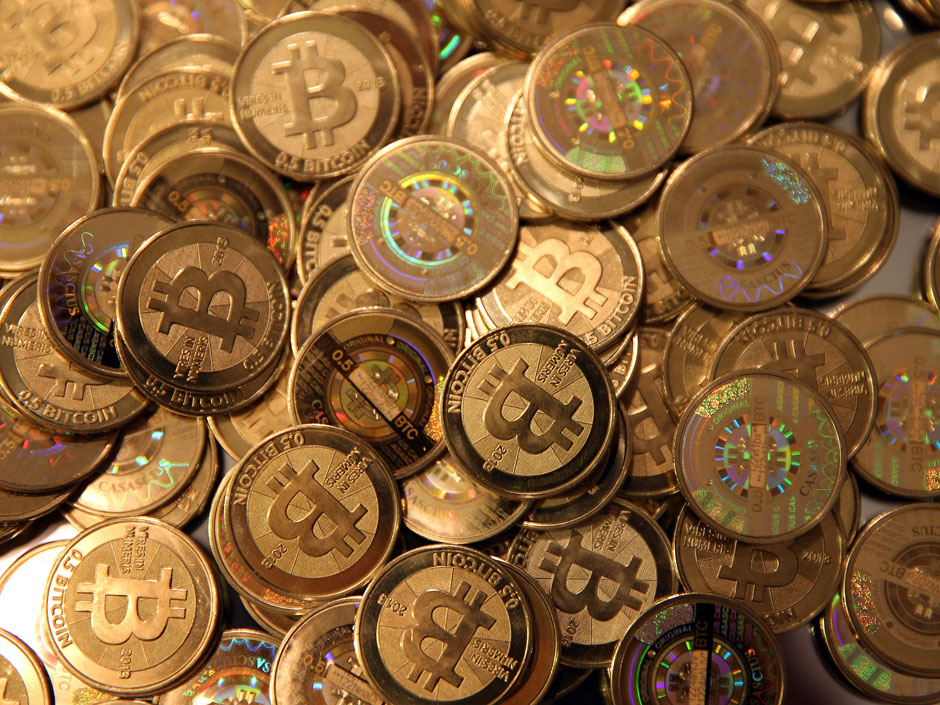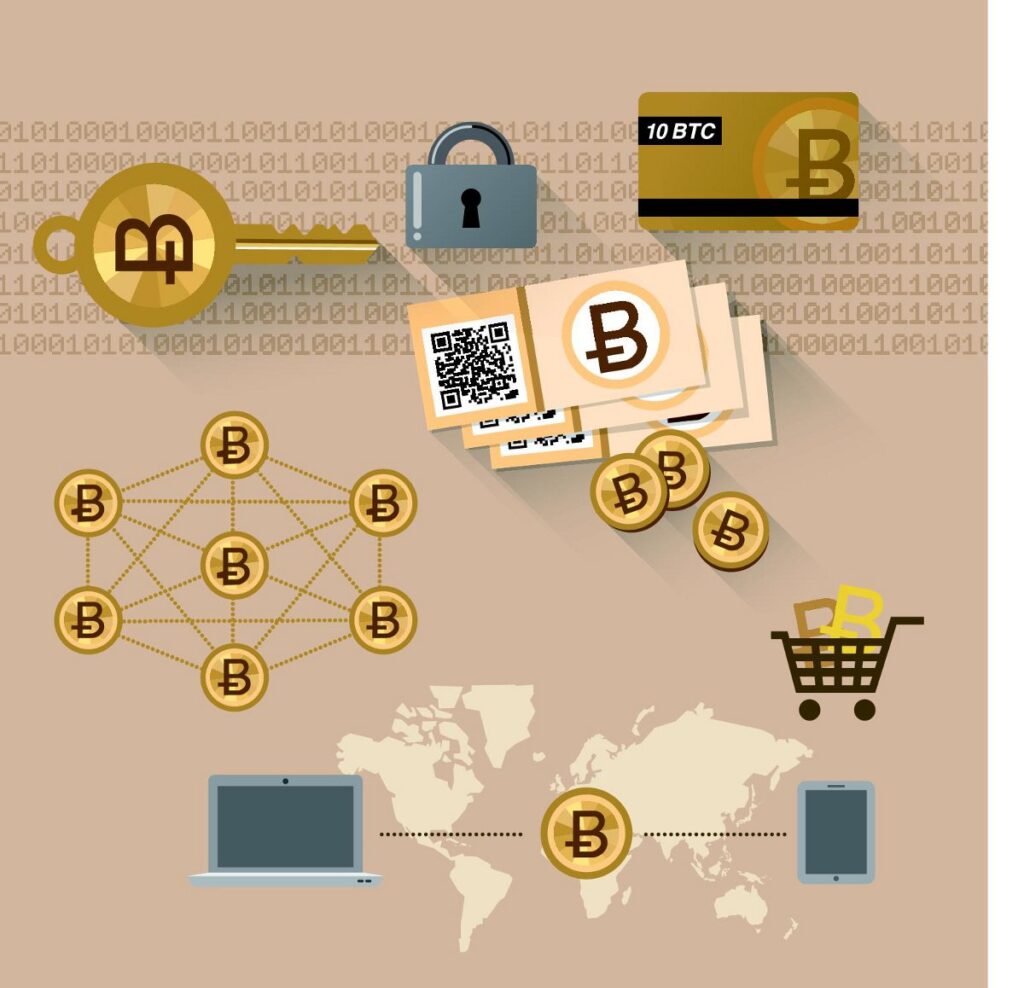Mr. A and Mr. B have a “bank account” after they have been examined by the bank of Mr. C and passed it.
The amount of cash deposited by Mr. A and Mr. B is actually listed as the balance on the ledger, but in fact, Mr. C’s bank lends to Mr. E and receives interest. C-kun earns a living on the interest and other fees.
One day, Mr. B transferred 1,000 yen to Mr. A (transfer). The balance of the passbook decreased to 8,500 yen due to the transfer fee being taken, but the reality is that C is simply the ledger “B’s balance decreased by 1,500 yen” and “A’s balance increased by 1,000 yen. I just wrote that. The difference of 500 yen will be C’s fee for writing to the ledger.
This is a typical bank, but if you’re B, all that’s happening here is day-to-day activity, and the chain of money flows into a “trustworthy” story. You will hear. If you transfer 1,000 yen to someone, the money will go into the other party and your own money will decrease. And the fee is taken. If you withdraw, cash will come out of the ATM. What an everyday story.
The obvious story is that of banks in some modern nations, including Japan, where finances are relatively stable. In some countries, people do not trust banks. In the following, let us consider an environment in which the risk of deposits is the maximum, such as in such a financially failed country and its bank. You can start trading with https://bitcoinsrush.com/
Does Your Bank Really Exist?
Then, does your (B-kun) balance of 8,500 yen really exist in the bank? If not, can someone give me a guarantee?
In fact, most of the cash deposited in banks is not there. Banks can lend out a larger amount than the total amount they keep.

In fact, this bank mechanism is based on the assumption that you (B) trust the government of D, who issues money, and C, who runs a bank.
“What do you do if you can’t trust the bank?”
Many people think so, but you know that even in Japan, there is a system (pay-off) that protects up to 10 million yen per depositor per financial institution. Although the amount of compensation has been limited due to the ban on payoffs, it is still blessed to have such a mechanism. The United States has a similar Fed system, but many countries do not even have such a system.
In this way, if Es who are borrowing money all stepped down debts from C-kun bank, or if C-kun failed to manage the bank in the first place, your (B-kun) money could be lost. I’m saying that.
In that case, you may have balance data in your passbook, but the bank may not even have that money anymore.
Is Bank Balance Data Persisting?
Next, let’s consider an extreme example from a different perspective.
One day, someone lit a ledger of a bank managed by Mr. C. As a precaution, Mr. C always kept the same records as three backups and kept them in different places. But for some reason they were also set on fire at the same time.
In the real world, such a situation is unlikely to occur first, and advanced banks naturally manage servers in multiple locations.
But what about this?
As expected, it is difficult to illegally manipulate the modern financial institution system by overriding access authority like that, but even today, classic cases such as bankers embezzling depositor’s money are frequent.

You must have this experience if you have ever played a life game with friends. A player playing the role of a bank cheats and secretly increases his cash, or mischives the cash of a player who goes to the bathroom.
Other players who find it get angry. That is what can happen in reality.
Banks are fine. You never lose a deposit. Actually I used to think that was the case. However, more than 15 years ago, suddenly the balance in a certain European country was cut in half. The bank will go bankrupt and use half of the money to rebuild. Naturally, there was no system like Japan’s payoff.






